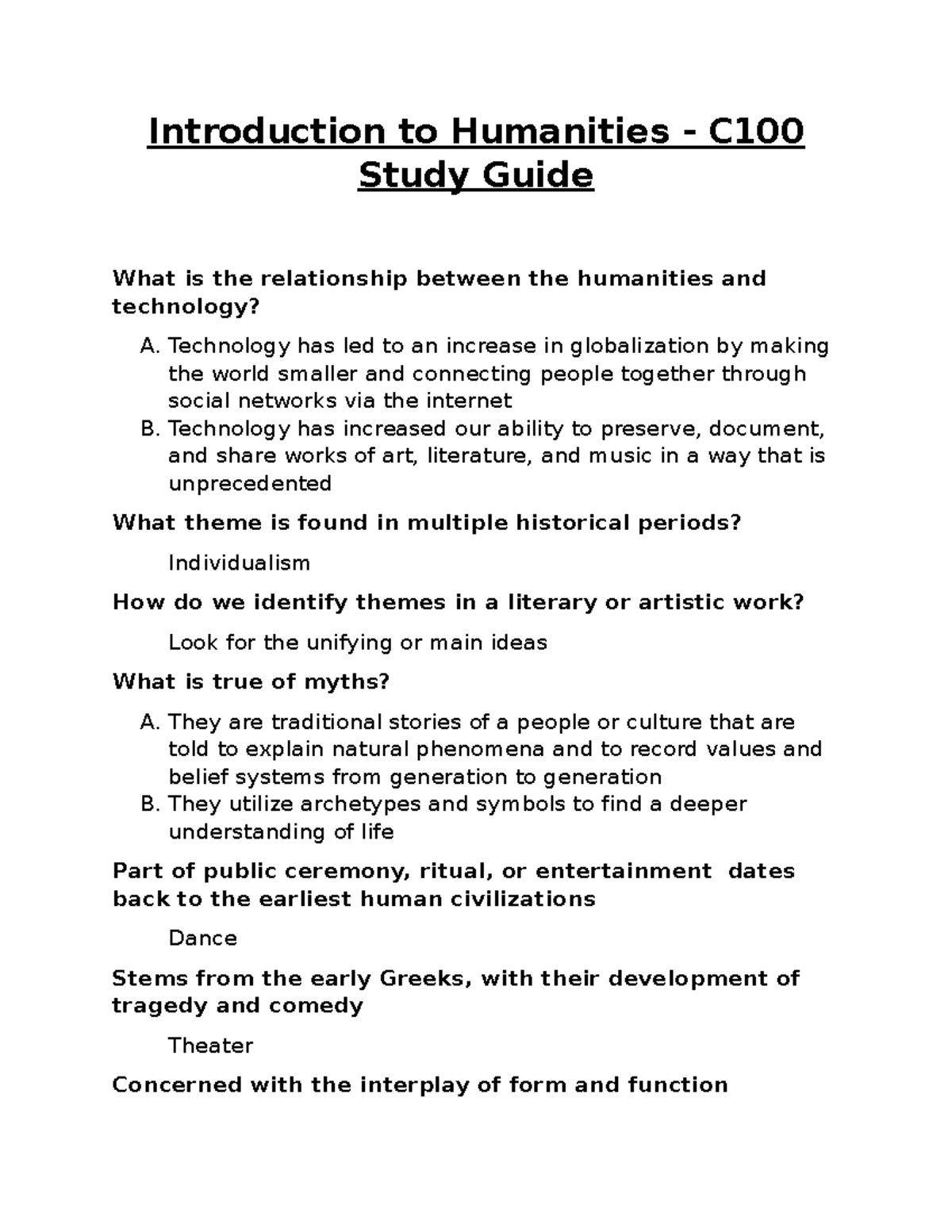Chimamanda Ngozi Adichie, a towering figure among contemporary female authors, is celebrated for her incisive narratives and profound storytelling, particularly in her latest work, “Dream Count.” This highly anticipated novel, years in the making, showcases Adichie’s ability to weave complex themes of grief and self-discovery into compelling fiction. Amidst her reflections on radical honesty in writing, she explores the intricacies of love and identity through the lives of four interconnected characters. As readers delve into the pages of “Dream Count,” they encounter not just a narrative but a vivid tapestry of human experience that resonates deeply in today’s world. With her unmatched insights into the intricacies of life, Adichie offers invaluable fiction writing advice that inspires both seasoned writers and aspiring novelists alike.
Chimamanda Ngozi Adichie stands out as a leading voice in the literary sphere, especially recognized for her exploration of personal and societal themes in her novels. In her recent publication, “Dream Count,” she delves into the emotional landscapes of loss and resilience, offering readers an intimate perspective on human relationships. Adichie’s approach emphasizes the importance of transparency and authenticity in storytelling, often merging her experiences with broader cultural reflections. Through her characters, she illustrates the journey of navigating life’s complexities with a focus on female empowerment and identity. This novel serves not only as a narrative but also as a profound commentary on the nature of knowing oneself and others, marking yet another significant contribution to the canon of contemporary fiction.
Chimamanda Ngozi Adichie: The Power of Fiction in Navigating Grief
Chimamanda Ngozi Adichie’s exploration of grief in her latest novel, “Dream Count,” illustrates how fiction can serve as a vessel for profound emotional experiences. Following the loss of her father, Adichie found herself grappling with a depth of sorrow she hadn’t expected, prompting her to delve deeply into understanding love and self-knowledge. By weaving her personal grief into the narratives of her characters, she not only captures the reality of loss but also showcases the resilience of the human spirit amidst adversity. This intersection of personal experience and fictional storytelling is a testament to how the art of writing can transform pain into a universal theme of connection and understanding, resonating with readers on a deeply emotional level.
In “Dream Count,” Adichie creates a tapestry of intertwined lives, allowing each character’s journey through grief to act as a mirror reflecting the struggles faced by many. The four protagonists, each of whom faces their own emotional challenges, highlights the varied ways in which individuals cope with loss and seek self-discovery. By presenting diverse narratives, Adichie emphasizes that grief is not a solitary experience; it is a collective journey that binds people together, providing comfort and insight through the shared acknowledgment of pain. This radical honesty in her storytelling encourages readers to confront their own emotions and find solace in the stories of others.
Radical Honesty in Fiction Writing: Insights from Adichie
Chimamanda Ngozi Adichie emphasizes the importance of radical honesty in fiction writing, a principle that underpins her approach to storytelling in “Dream Count.” For her, the act of writing is not merely about constructing a plot or developing characters; it’s about unveiling truths that lie within both the writer and the narrative. Adichie’s belief that writers must expose parts of themselves—vulnerabilities, strengths, and experiences—translates into a compelling narrative that resonates with authenticity. This kind of honesty fosters a genuine connection between the reader and the text, encouraging a deeper engagement with the material.
Moreover, Adichie’s fiction writing advice extends beyond personal reflection; it also calls for a willingness to embrace discomfort. She posits that the best stories often arise when writers let go of control and allow characters to lead the narrative. This willingness to navigate uncertainties can create space for unexpected revelations, not only for the characters but also for the author. By embracing radical honesty, writers like Adichie open themselves to exploring complex themes—such as grief, love, and identity—allowing readers to reflect on their own lives and experiences within the stories told.
Exploring Female Perspectives in ‘Dream Count’
In “Dream Count,” Chimamanda Ngozi Adichie shines a spotlight on female authorship, embodying the voices and experiences of women through her rich characters. Each protagonist represents different cultural backgrounds and life circumstances, weaving a narrative that reflects the intricacies of female identity and resilience. By focusing on the interconnected stories of women, Adichie not only elevates their diverse experiences but also enriches the literary landscape by presenting complex female characters who grapple with love, ambition, and grief. This celebration of female narratives is crucial in contemporary literature, as it challenges traditional portrayals and affirms the importance of women’s stories in fiction.
Adichie’s adept storytelling and character development provide a powerful commentary on the challenges women face in navigating societal expectations while pursuing their dreams. Through the journeys of Chiamaka, Omelogor, Zikora, and Kadiatou, readers witness how these characters confront personal and external obstacles, fostering a sense of empowerment and solidarity among women. Adichie’s insights into female experiences serve as both inspiration and a call to action, urging aspiring writers to embrace their unique perspectives and tell their stories with fervor, contributing to the broader dialogue of female representation in literature.
The Role of Personal Experience in Fiction Writing
Chimamanda Ngozi Adichie’s latest work, “Dream Count,” underscores how personal experiences can profoundly inform and enrich fiction writing. Adichie’s own narrative of grief, stemming from the loss of her father, serves as a catalyst for exploring deeper themes within her characters’ lives. This intertwining of her life experiences with her writing not only infuses authenticity into her work but also invites readers to connect on an emotional level. This symbiosis between personal history and creative expression illustrates that a writer’s journey is often reflected through their stories, providing valuable lessons in vulnerability and strength.
Moreover, Adichie’s journey highlights the iterative process of fiction writing, where moments of personal struggle can lead to breakthroughs in creativity. Aspiring writers are often encouraged to channel their own experiences into their narratives, allowing for the integration of genuine emotions and insights. By drawing from personal truths, such as her grappling with identity and grief, Adichie’s work provides inspiration for others to delve into their stories with radical honesty—transforming their pain into powerful narratives that resonate deeply with readers.
Characters and Emotional Depth in ‘Dream Count’
The characters in Chimamanda Ngozi Adichie’s “Dream Count” are crafted with emotional depth and complexity, reflecting the multifaceted experiences of women navigating love and grief. Each character embodies a unique perspective that enriches the narrative, such as Chiamaka’s journey of self-discovery and Kadiatou’s intertwining tragedy with the lives of others. This emotional tapestry allows readers to engage with the diverse challenges and triumphs faced by women, making the story resonate on multiple levels. Adichie’s ability to create compelling characters who evoke empathy and reflection is a hallmark of her writing style, further establishing her as a prominent voice among female authors.
Adichie’s focus on character development demonstrates her understanding of the human experience, particularly the complexities of relationships shaped by personal trials. As readers journey through the trials of Omelogor and Zikora, they witness how grief manifests differently in each individual, providing insights into the universal nature of suffering and resilience. This nuanced exploration of characters not only adds layers of emotional richness to the narrative but also reinforces Adichie’s message about the importance of the shared human experience, encouraging readers to confront their own feelings and stories through the lens of her fictional universe.
The Impact of COVID on Writing and Creativity
In discussing the creation of “Dream Count,” Chimamanda Ngozi Adichie reflects on how the COVID-19 pandemic influenced her writing process. The unprecedented stillness during lockdown created a unique environment that pushed many, including Adichie, to reassess their priorities and emotional landscapes. It presented an opportunity for introspection, prompting her to explore themes of isolation and connectivity within her narrative. The global pause allowed writers to dig deeper into their emotions and experiences, cultivating a space where creativity could flourish amidst uncertainty.
Adichie’s acknowledgment of the pandemic’s surreal impact on her writing journey underscores the broader struggles faced by many artists. As the world grappled with loss, uncertainty, and a reevaluation of what was essential, the theme of grief became increasingly relevant in her work. This environment not only shaped her storylines but also emphasized the need for storytelling as a means of understanding and processing the challenges of life. By framing her narrative amidst such a backdrop, Adichie illustrates how external circumstances can deeply influence creative expression, resulting in a work that resonates with contemporary readers.
Life Lessons from Motherhood: Balancing Writing and Family
Chimamanda Ngozi Adichie’s insights into balancing motherhood with her writing career provide invaluable lessons for aspiring authors. With the birth of her children, Adichie has learned to navigate the demands of parenting while pursuing her passion for fiction. She describes motherhood as the greatest teacher of her life, offering profound insights into the balance required to maintain an artistic career alongside family responsibilities. By sharing her experiences, Adichie encourages other writers, particularly women, to embrace the unique challenges that come with juggling multiple roles, recognizing that life’s realities can inform and enhance their creative expression.
Furthermore, Adichie emphasizes the importance of making space for creativity, even in the midst of busy family life. Her practice of reading poetry during moments of writer’s block reflects her commitment to nurturing her craft without neglecting her responsibilities as a mother. This balance showcases the necessity of finding time for personal development and passion projects, even when life becomes overwhelming. Adichie’s journey illustrates that creativity can thrive amid chaos, inspiring other writers to cultivate their passions alongside their personal commitments.
Navigating Political Uncertainty Through Fiction
At her recent event, Chimamanda Ngozi Adichie explored how fiction can serve as a lens through which to examine political uncertainty and societal change. In a world rife with turbulence, her characters in “Dream Count” engage with personal and political dilemmas, encouraging readers to reflect on the broader implications of their experiences. By intertwining personal narratives with socio-political themes, Adichie demonstrates how fiction can be a powerful tool for social commentary, enabling readers to grapple with complex issues while finding solace in relatable characters.
Adichie’s work prompts audiences to consider the role of storytelling in navigating today’s challenges. By addressing the intersection of personal lives and political landscapes, she invites readers to recognize that their struggles are part of a larger narrative. This is particularly relevant for female authors who seek to express their unique perspectives in a world that often marginalizes their voices. Through her stories, Adichie advocates for the empowerment of women in literature, demonstrating how fiction can address and influence the societal shifts surrounding us.
Frequently Asked Questions
What is the main theme of Chimamanda Ngozi Adichie’s ‘Dream Count’?
The main theme of Chimamanda Ngozi Adichie’s ‘Dream Count’ revolves around love, self-discovery, and the complex nature of grief. The novel explores the interconnected lives of four women who navigate their personal struggles and desires, reflecting on the different paths their lives could have taken.
How does Chimamanda Ngozi Adichie incorporate grief in her fiction writing?
In her fiction, Chimamanda Ngozi Adichie incorporates grief as a vital element that shapes her characters and narratives. Her personal experience with grief, especially following her father’s death, influenced her writing in ‘Dream Count’ by deepening her exploration of self-knowledge and the emotional truths that come from loss.
What advice does Chimamanda Ngozi Adichie offer for fiction writing?
Chimamanda Ngozi Adichie emphasizes the importance of ‘radical honesty’ in fiction writing. She believes that successful storytelling requires writers to let go and fully engage with their own emotions and experiences, thus creating authentic narratives that resonate with readers.
How does ‘Dream Count’ reflect Chimamanda Ngozi Adichie’s views on female authors?
‘Dream Count’ showcases Chimamanda Ngozi Adichie’s commitment to portraying the lives and experiences of women, highlighting their struggles and triumphs. As a prominent female author, she uses her platform to amplify women’s voices and stories, aligning with her broader advocacy for gender equality.
What inspired Chimamanda Ngozi Adichie to write ‘Dream Count’?
The inspiration behind ‘Dream Count’ came from Chimamanda Ngozi Adichie’s own experiences, including her reflections on grief and personal unrealized dreams. Her journey through life events and her understanding of self and relationships influenced the narrative arcs of the characters in the novel.
What character dynamics are explored in Chimamanda Ngozi Adichie’s ‘Dream Count’?
In ‘Dream Count’, Chimamanda Ngozi Adichie explores the dynamics among four interconnected female characters, each facing unique challenges. Their stories intertwine as they seek love and understanding in a world shaped by their personal histories and cultural backgrounds, emphasizing themes of solidarity and shared experience.
What significance does radical honesty hold in Chimamanda Ngozi Adichie’s writing?
Radical honesty in Chimamanda Ngozi Adichie’s writing signifies her commitment to truthfulness and vulnerability in storytelling. She believes that this approach allows her to create more profound connections with her characters and authenticity in her narratives, particularly in her latest work, ‘Dream Count’.
How does Chimamanda Ngozi Adichie balance motherhood with her writing career?
Chimamanda Ngozi Adichie speaks about the challenges of balancing motherhood with her writing career, noting that it has taught her invaluable lessons. She suggests finding time for personal growth and creative inspiration, even amidst the demands of family life, which allows her to maintain her connection to writing.
| Key Point | Details |
|---|---|
| Chimamanda Ngozi Adichie’s New Novel | ‘Dream Count’ is a novel released after 10 years, showcasing themes of love and self-discovery. |
| Interconnected Characters | The novel follows four women: Chiamaka, Omelogor, Zikora, and Kadiatou, each facing their own challenges. |
| Influence of Grief | Adichie’s father’s death influenced her writing, leading her to explore themes of love and personal knowledge. |
| Radical Honesty in Writing | Adichie emphasizes the importance of vulnerability and truth in fiction writing. |
| Balancing Motherhood and Writing | Adichie discusses the challenges and lessons of motherhood alongside her writing journey. |
Summary
Chimamanda Ngozi Adichie beautifully illustrates the complex interplay of grief, motherhood, and the pursuit of fictional truth in her latest work, ‘Dream Count’. This novel not only showcases her exceptional storytelling but also offers profound insights into self-knowledge and human connection. Through her candid reflections, Adichie invites readers to embrace radical honesty in both literature and life.




